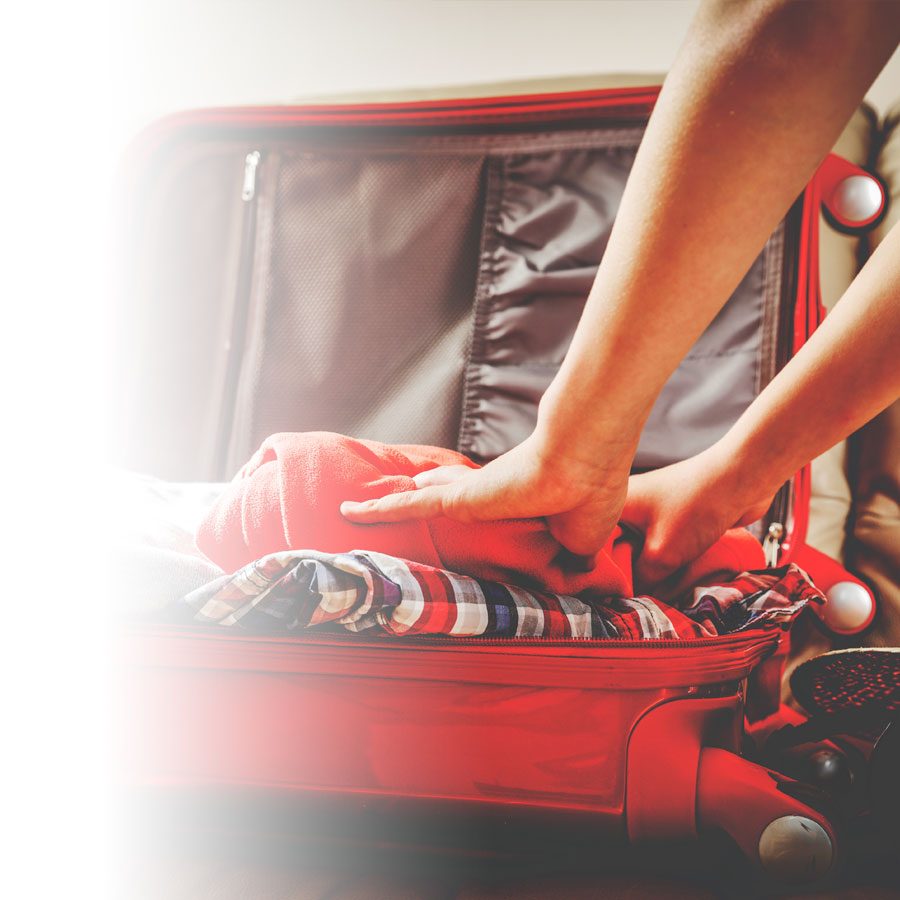Need a consultation related to the health condition discussed in this article? Schedule an appointment with your pharmacist at a time that works for you.
Traveling always requires preparation, and this is especially true if you have diabetes. Don't wait until the last minute to seek information.
Before you leave
One of the main factors to consider when preparing a trip is the destination. If you have diabetes or are traveling with someone who has it, this decision is very important because it must be adapted to the realities associated with the illness. For example, the itinerary should allow for regular mealtimes and access to prompt medical care. Working with a travel agency may be a good option, as these professionals can assist you with this.
It is also advisable to meet with your doctor for a routine check-up at least one month before your departure. Speak to them about your itinerary, meal schedules, medication, medication adjustments for time differences, and your need for vaccinations. Today, diabetes monitoring is often done as a team with a nurse, pharmacist and other professionals. Notify them of your intention to travel as soon as you begin your travel arrangements, ideally before you make your reservations. If you plan to carry syringes and needles, most airports and airlines require a signed letter from your doctor.
Some helpful tips before you leave:
- Stop by the pharmacy to get a full list of your medications, including the original and generic names of each and their dosage. Keep a copy with you at all times.
- Stock up on your medications. Make sure you bring enough for the duration of your trip and plan for extra supplies in case of unforeseen circumstances.
- Wear a medical bracelet or necklace identifying your diabetic condition.
- Make sure you have a travel insurance policy.
- Don't forget your blood glucose meter and its supplies (strips, lancets, batteries, alcohol swabs).
- If you inject insulin, check with your doctor or pharmacist to see if you need to adjust your insulin dosage to accommodate the time difference.
- Additionally, ask about taking medications while traveling, as well as the proper way to carry them.
- Ask your pharmacist to help you prepare a small first aid kit and learn about what to do if you become ill during your trip. For example, some medications should not be taken if you have diarrhea, vomiting or dehydration.
- If you are taking insulin or medications that can cause low blood sugar, get glucose tablets or sugar packets to correct the situation if it arises. Make sure you have them with you at all times.
Upon arrival at your destination
Once you arrive at your destination, be sure to keep your medications and blood glucose equipment at the recommended temperatures. Most blood glucose meters do not tolerate extreme temperatures. In general, it is recommended that you keep them and the strips away from light and moisture at 15-35°C (this may vary depending on the meter).
The same is true for medications. Most of them can be stored between 15 and 30°C unless indicated otherwise. Additionally, insulin can be stored for up to 30 days without refrigeration if stored at 15-30°C. Other injectable medications given for diabetes require certain precautions for proper storage. For the time of travel, and once you arrive at your destination, it may be a good idea to store insulin in an insulated (or thermal) bag. When making hotel reservations, make sure you have access to a refrigerator if necessary.
It is normal for your diet to change when you travel. However, it is important to test your blood glucose more frequently to keep track. Try to maintain a consistent meal schedule and make healthy food choices. That said, people often walk more while traveling and mealtimes may vary. Make sure you have glucose tablets on hand to correct potential hypoglycemia and a snack to take with you if you need it.
A little alcohol often complements travel. In general, alcohol should be consumed in moderation. However, if you have some, you should monitor your blood glucose more frequently.
Diabetes should not prevent you from traveling. Several associations offer documents and advice for people with diabetes who travel. You can visit the Diabetes Quebec website to learn more. And don't hesitate to make an appointment with your pharmacist for a travel consultation.

